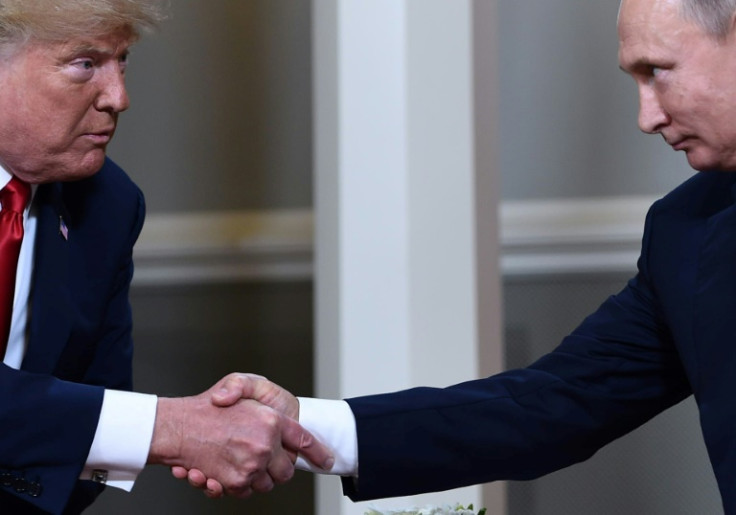Trump Ally Rejects Ukraine Peace Deal, Saying Kremlin Can't Be 'Trusted'

South Dakota Senator Mike Rounds rejected the notion of pursuing a peace deal between Russia and Ukraine, expressing concerns that Russian President Vladimir Putin could not be trusted to abide by any agreement. Rounds emphasized that, given Putin's actions and history, any attempt at negotiation would likely be seen by the Kremlin as a sign of Western weakness, further complicating efforts for a peaceful resolution to the conflict.
"As much as I would like to believe we can negotiate with a tyrant, I suspect we may be deceiving ourselves," Rounds said in reference to Putin at the Halifax Security Forum on Friday.
"Do you believe that this tyrant, if you offer him a part of a free country, do you think he's gonna stop?" Rounds said. "I wish I could say there's an easy way out, there's not."
The Republican senator's views contrast with those of President-elect Trump, who has previously asserted that he could end the conflict in just one day. Rounds also expressed frustration over the limitations placed on Ukraine's ability to respond to Russia's full-scale invasion, noting that the U.S. has not provided Kyiv with all the necessary equipment and weapon systems to effectively counter the "absolute tyranny" coming from Russia. However, Rounds clarified that these views did not reflect those of the incoming administration.
Rounds' comments came amid intensifying Russian attacks on Ukraine this week. On Tuesday, Moscow launched a hypersonic missile strike on the central Ukrainian city of Dnipro, targeting a military facility in the latest escalation of the conflict.
Recently, Russian President Vladimir Putin explained that the missile strike was a response to Ukraine's use of long-range missiles provided by the U.S. and the U.K., which have allowed Ukraine to target Russian territory. He emphasized, "No one in the world possesses such weapons," highlighting the power of Russia's strike.
Trump will take office on January 20, 2025. His push for swift negotiations has raised concerns that Washington may pressure Kyiv into accepting a deal that could benefit Moscow, potentially involving territorial concessions and a commitment not to seek NATO membership.
© Copyright IBTimes 2024. All rights reserved.





















